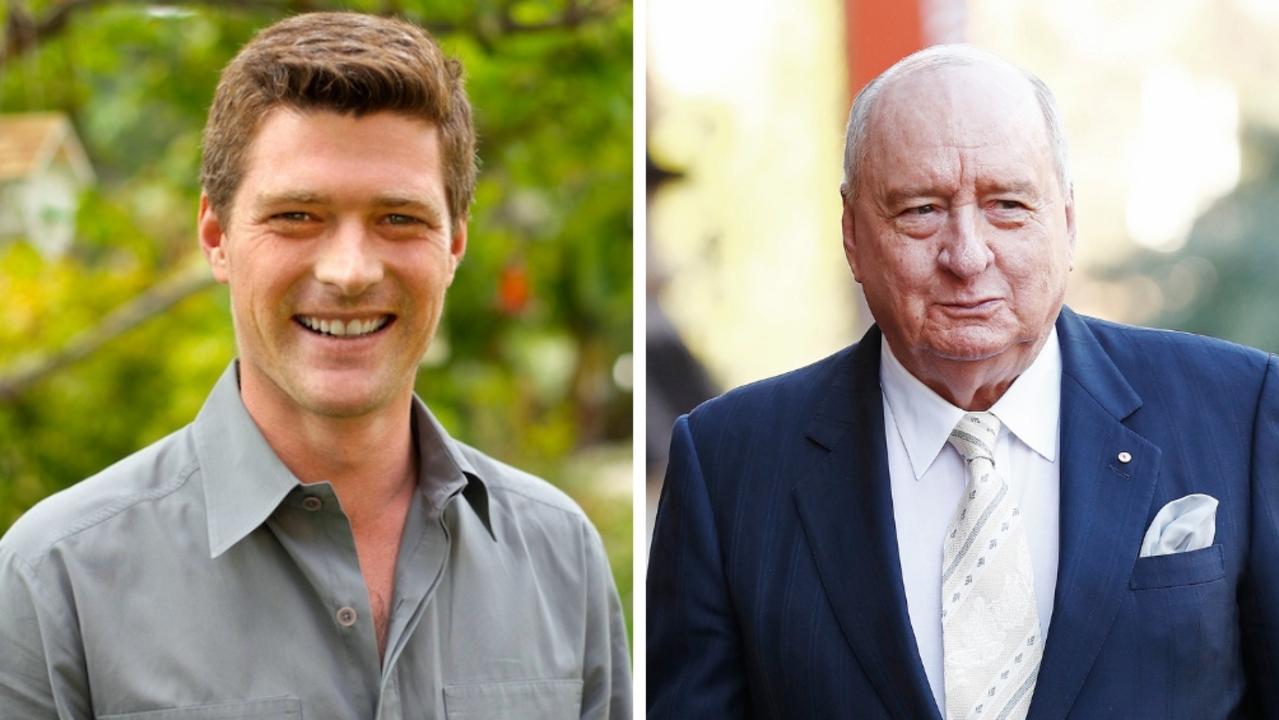AFL kicks own goal in TV broadcasting rights bid
The AFL’s hopes of securing a record-breaking sum for its television broadcast rights are looking increasingly shaky.

The AFL’s hopes of securing a record-breaking sum for its television broadcast rights are looking increasingly shaky, with the sinking advertising market, coupled with provincial attitudes to free-to-air coverage of the sport in Western Australia, likely to diminish the value of the final contract.
It’s understood that outgoing AFL chief executive Gillon McLachlan is committed to inking the next broadcast rights deal – which would come into effect from the beginning of the 2025 season – before the end of August.
But the lengthy delay in awarding the television rights, which are currently shared by Seven and Foxtel, may have cost the AFL dearly.
The AFL has been courting Seven, Nine, Ten, Foxtel and Amazon Prime since the beginning of the season, but the broadcasting landscape has shifted over the past few months in line with the softening economic conditions, and as a result it is increasingly likely that the league will be forced to sell the rights for less than they would have initially hoped.
“All the while these talks have gone on, the ad market has been steadily dropping. So for every week that the AFL has been holding out, things are moving against them,” one industry insider told The Australian.
It also appears that the AFL may have overplayed its hand in how it’s sought to set rival networks against each other in what now looks like a phony bidding war.
It was widely reported earlier this year that Ten had tabled a $600m-a-year deal to clinch the rights – which would have been a significant jump on the value of the existing deal – provided the network could telecast some matches on its free-to-air channel and the remainder on its Paramount+ streaming service.
But The Australian now understands that no formal offer for the sport’s rights was ever made by Ten.
Rather, the AFL appears to have used Ten’s rumoured interest as a “stalking horse” in a bid to drive up rival bids, most notably from Seven and Foxtel (which is 65 per cent owned by News Corp, publisher of The Australian).
A Ten spokeswoman declined to comment.

Furthermore, last week’s concerted public campaign by West Coast Eagles chief executive Trevor Nisbett, Fremantle Dockers coach Justin Longmuir, along with WA Premier Mark McGowan and the Seven West-owned West Australian newspaper, to back a push to ensure that matches involving the WA clubs are shown exclusively by free-to-air networks, raised plenty of eyebrows in the media industry.
Should AFL matches involving the WA clubs, and the two South Australian teams (Adelaide Crows, and Port Adelaide) be awarded exclusively to a free-to-air network, the value of the overall rights will almost certainly fail to reach the ambitious targets being eyed off by the AFL’s executive team because the appeal of AFL to streaming services such as Foxtel and Amazon Prime would be significantly lessened.
Such a scenario would also affect the financial bottom line of all AFL clubs – particularly those in the eastern states – which rely on a cut of the revenue from broadcast rights.
The wildcard in negotiations over the AFL rights could come in the form of a discussion paper on the nation’s anti-siphoning laws, which is believed to have been drawn up by the Labor government.
The anti-siphoning legislation was introduced in the 1990s – well before the advent of streaming services – and guarantees free-to-air broadcasters an initial opportunity to buy TV rights to major sporting events. It is unclear whether the Albanese government will seek to tweak the anti-siphoning legislation, or even whether it will release the paper prior to the signing of the AFL rights deal.
There have been calls in recent months for the anti-siphoning laws to be reviewed in light of the altered media landscape, namely the emergence of subscription streaming services.
The Australian put questions to Labor, but did not receive a reply.
The AFL also did not return calls.




